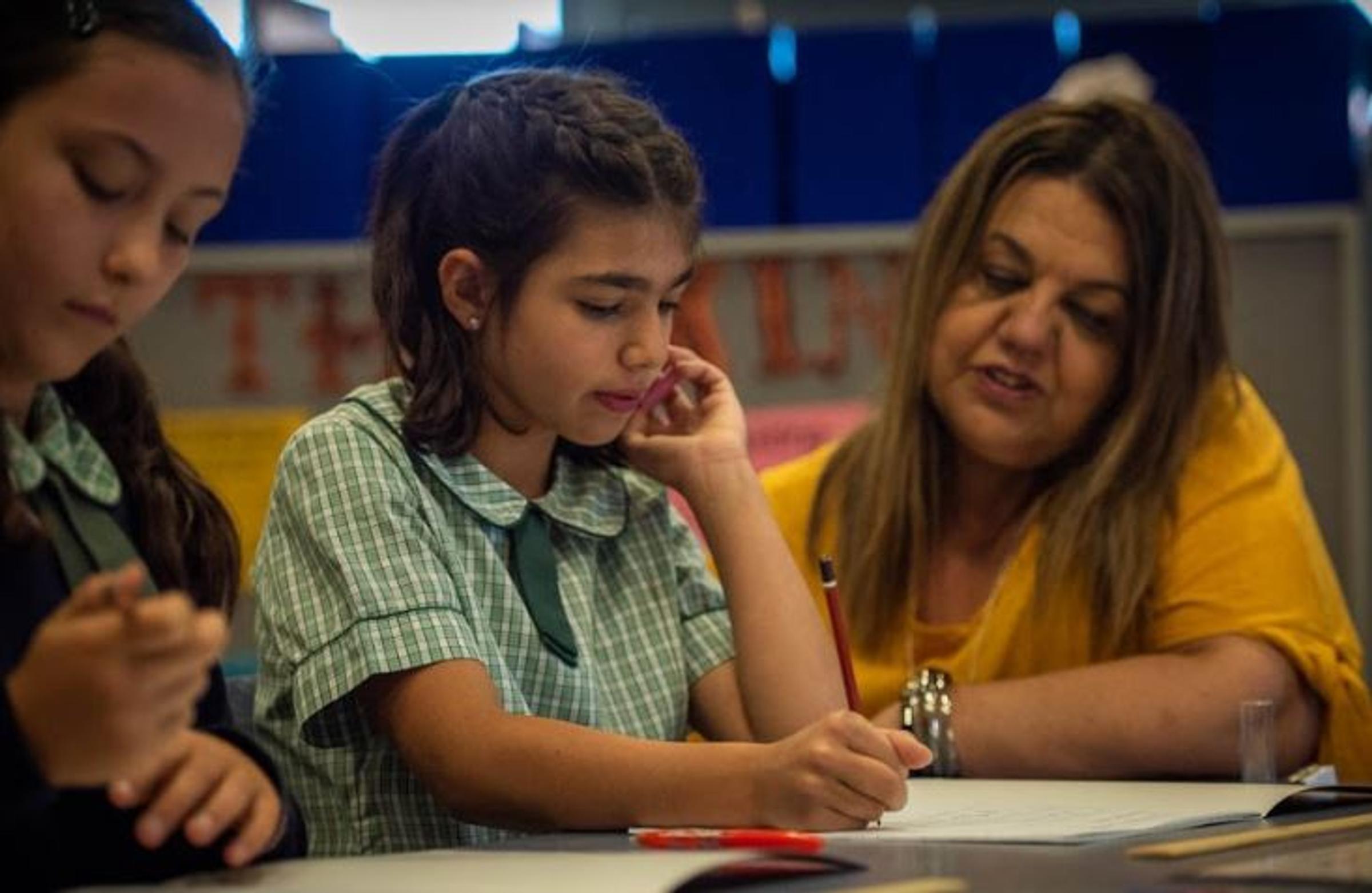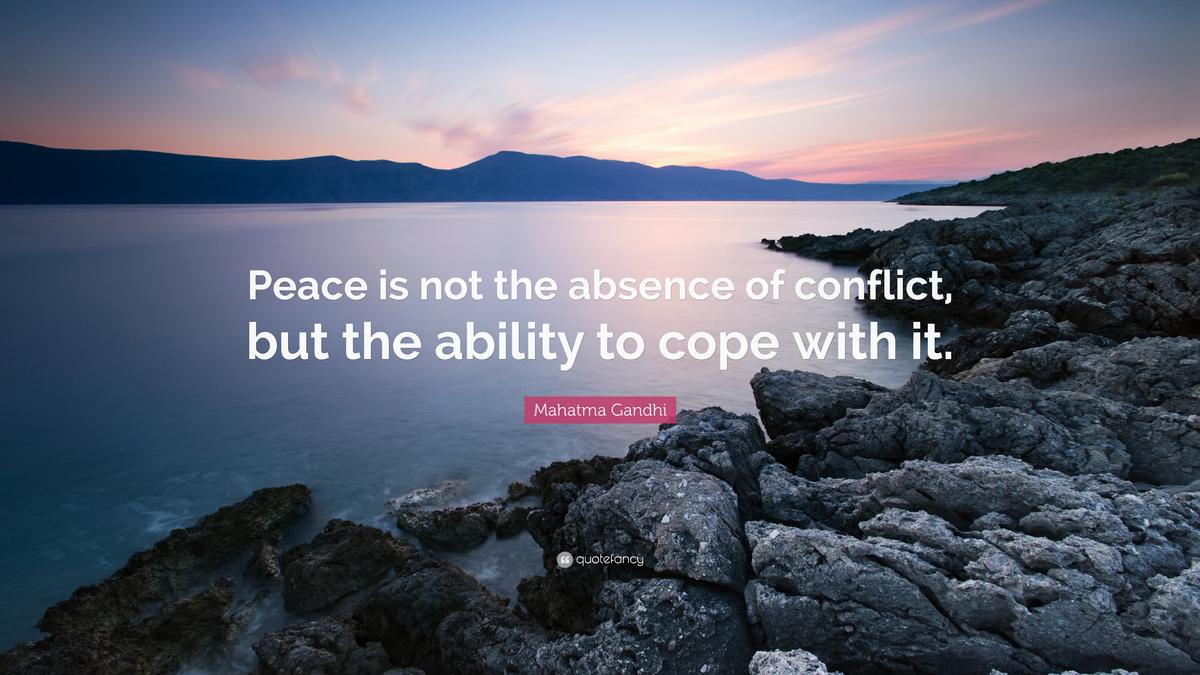Student Wellbeing
Student Wellbeing encompasses the following areas: Student Engagement, Student Connectedness, Classroom Climates, Inclusion and Prevention to Intervention

Student Wellbeing
Student Wellbeing encompasses the following areas: Student Engagement, Student Connectedness, Classroom Climates, Inclusion and Prevention to Intervention
As we get closer to coming back to school we need to understand and
support our children with friendship and conflict.
by georgina@wellbeingforkids.com.au | Jan 17, 2018 | Blog |
During primary school, children go through many stages of making friends and along the way will experience conflict at some stage. It is very normal for children to experience conflict from time to time as this a way of children discovering what works with friends and what doesn’t – put simply children are developing their social and emotional skills.
Some children may get confused when they have a disagreement or conflict with another person and may call this bullying. There is a great difference between conflict and bullying and here is a simple way to differentiate between them:
If your child does experience conflict, this is a wonderful teaching moment to guide them and help them learn about how to get along with others. Sometimes children can resolve conflict themselves, particularly as they grow into the upper years of primary, but when they are young they may need guidance, and most importantly emotional support.
The best way to give emotional support is to use ‘reflective listening’. When we practice this type of listening, we listen to the content of what your child is saying and listen for the emotion and then we reflect back what they are saying e.g. “it sounds as though that really frustrated you when you did not get to play your game”. We can then try to help them problem solve the situation by giving them lots of opportunities to brain storm a solution without stepping in too early to solve it for them.


Conflict teaches kids:
Have a good week.
Looking forward to everyone returning onsite.
If you need to chat, please call me or email me or anyone on the Leadership Team.
Sally Lentini slentini@sfmoreland.catholic.edu.au